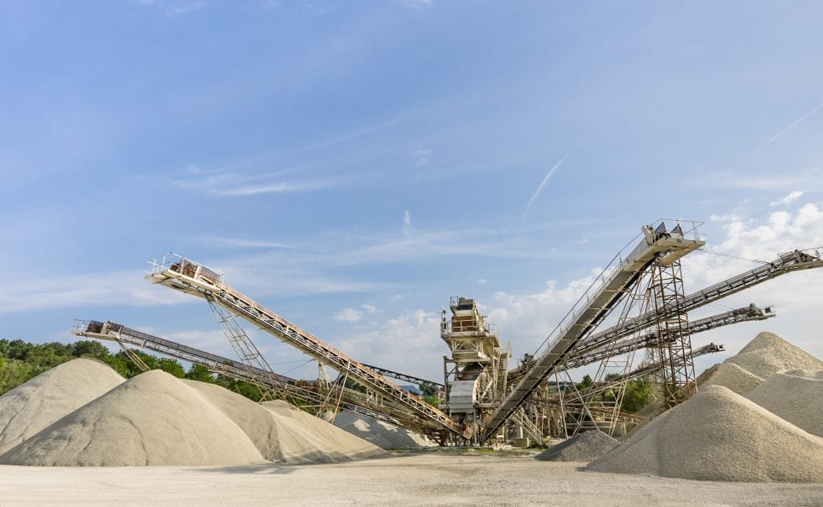Material crushing, washing, and screening operations can produce significant amounts of dust and other airborne contaminants that can pose health and safety hazards to workers and nearby communities. As a result, it is essential to have effective dust collection systems in place to capture and remove these contaminants. One critical component of any dust collection system is the filter bag used to capture and contain the dust. This article will provide an overview of the material crushing, washing, and screening filter bag.
Material crushing, washing, and screening operations can generate dust and other airborne contaminants that can cause respiratory problems, lung damage, and other health issues if inhaled. Proper dust collection is essential in mitigating these risks and ensuring a safe and healthy working environment.

1. Filter Bag Material: The choice of filter bag material is crucial in determining the effectiveness of the dust collection system. The material should be able to capture and retain fine particles, resist chemical corrosion, and withstand high temperatures
2. Filter Bag Design: The design of the filter bag can impact its effectiveness. A filter bag with a high surface area-to-volume ratio can capture more dust and extend the life of the filter bag.
3. Air-to-Cloth Ratio: The air-to-cloth ratio is the ratio of the volume of air being filtered to the surface area of the filter media. This ratio can impact the effectiveness of the filter bag, with a higher ratio leading to lower efficiency.
4. Pressure Drop: Pressure drop is the difference in pressure between the clean side and dirty side of the filter bag. A high pressure drop can reduce the efficiency of the filter bag and increase maintenance costs.
5. Cleaning Mechanism: The cleaning mechanism of the filter bag is critical in ensuring its effectiveness. The cleaning mechanism should be able to remove the dust from the filter bags without damaging them.
| Types | Operating Temperature ℃/℉ | Instant Temperature℃/℉ | Abrasive Resistance | Hydrolytic Stability | Acid Resistance Alkali | Alkali Resistance | Oxidation Resistance |
| Polypropylene | 80/176 | 100/212 | Excellent | Good | Excellent | Excellent | Restricted |
| Homopolymer Acrylic | 140/284 | 160/320 | Good | Moderate | Excellent | Excellent | Good |
| Polyester | 130/266 | 150/302 | Excellent | Moderate | Moderate | Moderate | Good |
| PPS | 190/374 | 220/428 | Excellent | Moderate | Excellent | Moderate | Moderate |
| Nomex | 204/399 | 240/464 | Excellent | Good | Good | Good | Moderate |
| P84 | 260/500 | 280/536 | Excellent | Moderate | Excellent | Moderate | Good |
| PTFE | 250/482 | 300/572 | Good | Excellent | Excellent | Excellent | Excellent |
| Fiberglass | 240/464 | 280/536 | Good | Moderate | Good | Good | Restricted |
| FMS | 240/464 | 280/536 | Good | Moderate | Good | Good | Restricted |
By Omela Filtration — Industrial Filtration Experts Industry Background and Common Challenges In modern industrial environments,
By Omela Filtration — Industrial Filtration Experts Industry Background and Common Challenges In modern industrial environments,
By Omela Filtration — Industrial Filtration Experts Industry Background and Common Challenges In every industrial dust collector